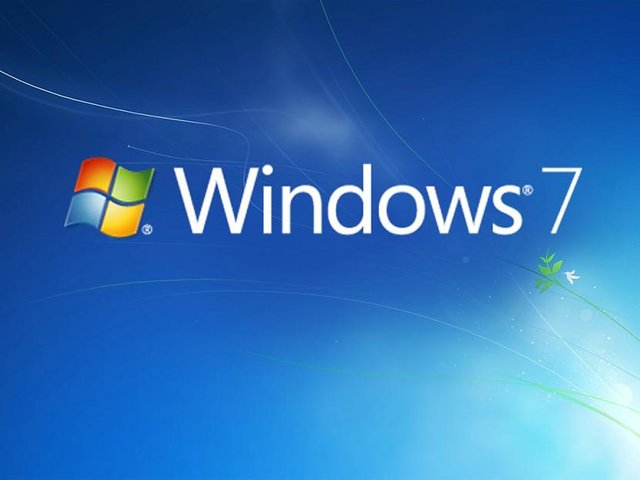
Windows 7 is coming to the end of its support cycle. Microsoft announced that it is ending support for the OS in January 2020. This means there will be no more security updates or new features unless you are willing to pay Microsoft for additional support. With millions of PCs still running Windows 7, many companies will be looking to migrate to the newer Windows 10.
Lack of Knowledge
Many companies and IT departments will be eager to start the migration before support ends. A recent study found, however, that 17 percent of IT departments didn't know the deadline for Windows 7 was so close.
Companies will not want to pay for additional support for Windows 7, which will increase each year. They will also be aware of the security implications of having unpatched software on their systems.
Security Warning
The National Cyber Security Centre (NCSC) is the UK's technology security body. They issued a reminder of the impending deadline and the risks involved in not migrating.
Obsolete operating systems and software are the biggest cause of security issues. They warned that it's critical to move away from them as quickly as possible.
The NCSC compared the end of Windows 7 support with that of Windows XP in 2014. It only took a few months after the end of XP support before exploits became widespread.
Not Everyone Can Migrate
Some systems may be too old to make the jump to Windows 10. There may also be important systems that won't work with the new OS. In those situations, the NCSC has guidance on what IT teams should do to minimize the risk to computer systems. The warning was clear, however, "you should really only do this as a last resort."
They have also advised tech teams to stay on their guard with Windows 10. It warned that Windows 10 Home/Pro editions of 1709 go out of support in April 2019. Enterprise and Educations editions of 1607 will also end support this year.
Posted from my blog with SteemPress : https://latesthackingnews.com/2019/01/26/how-to-avoid-windows-7-security-issues-after-support-ends/